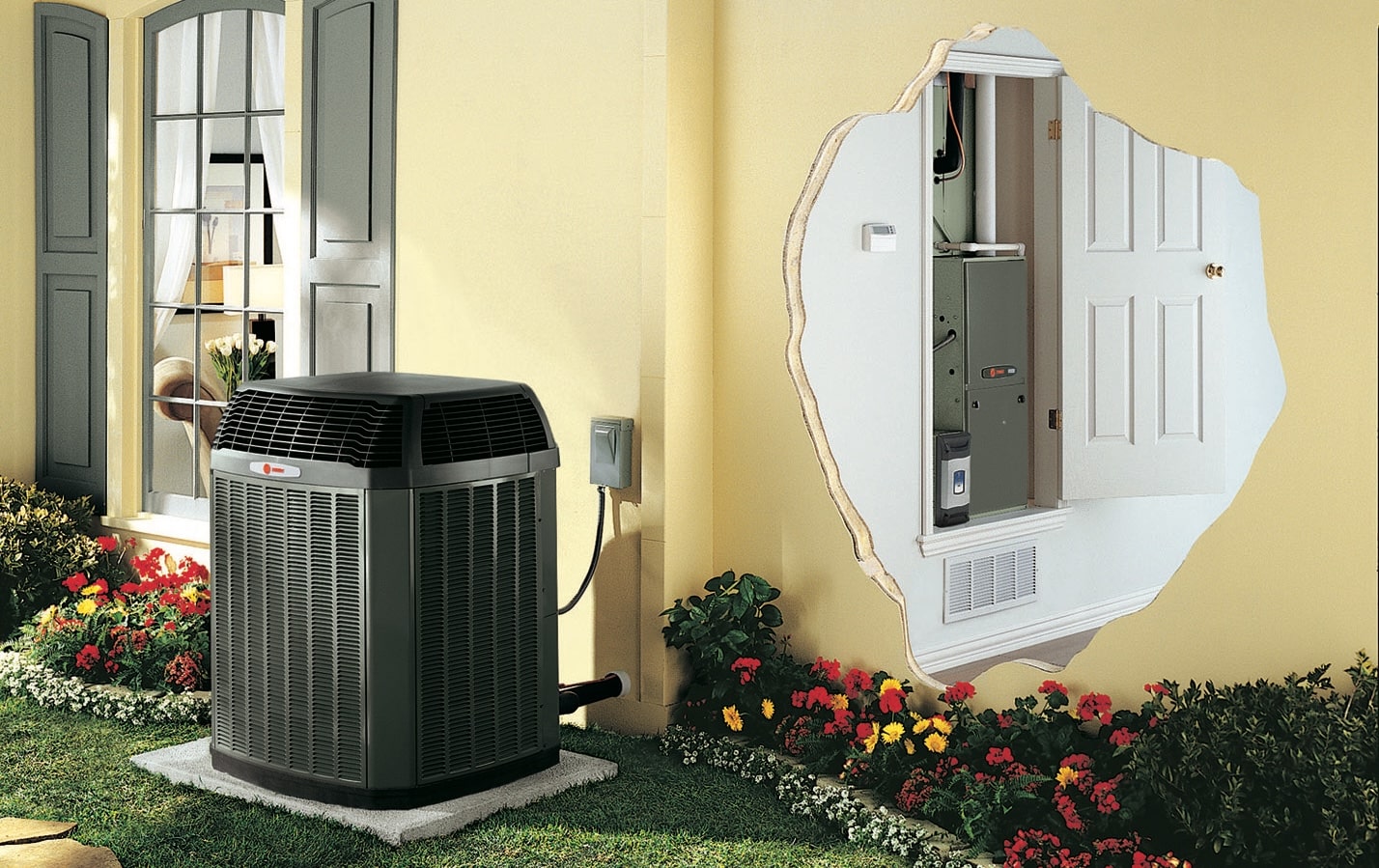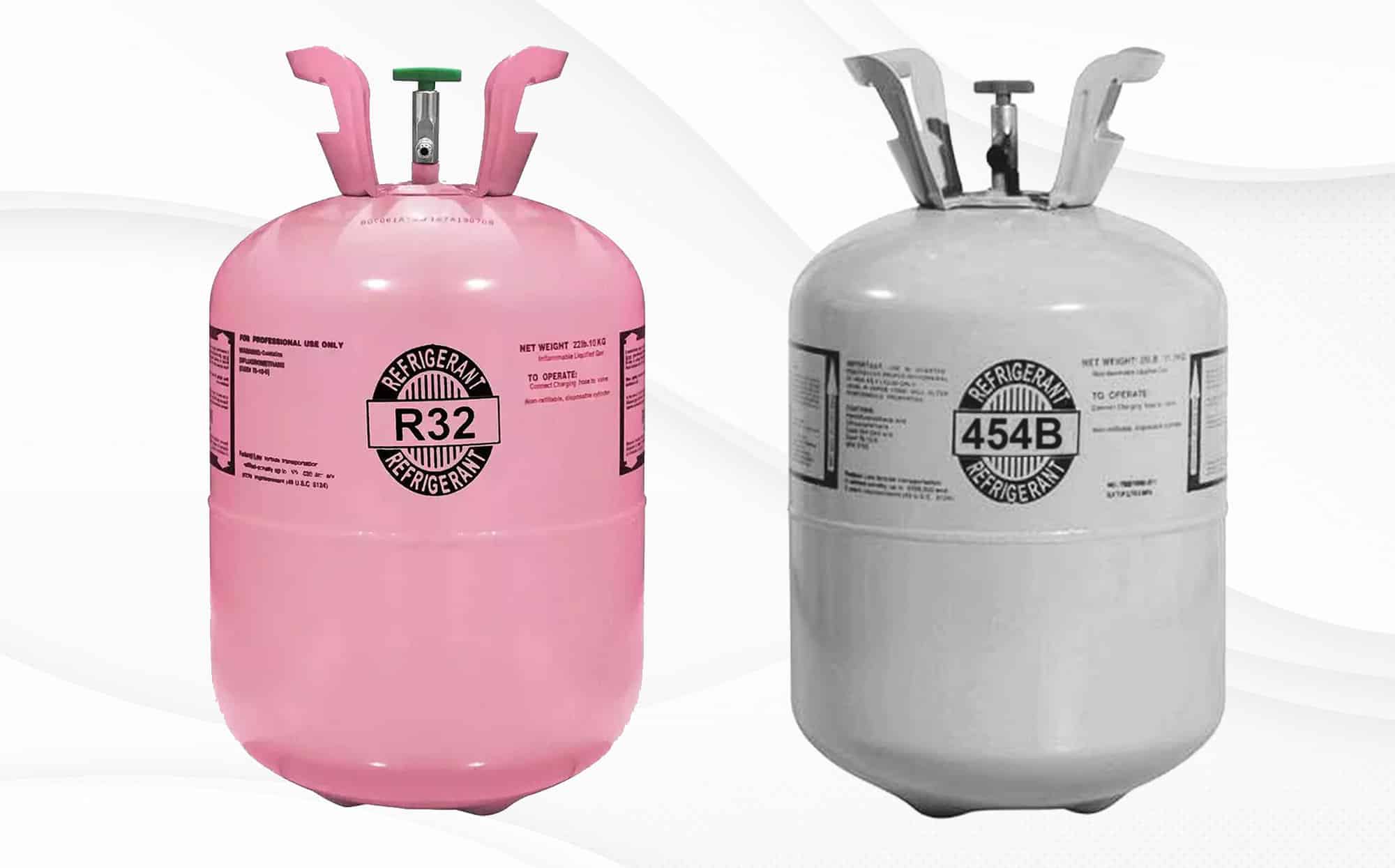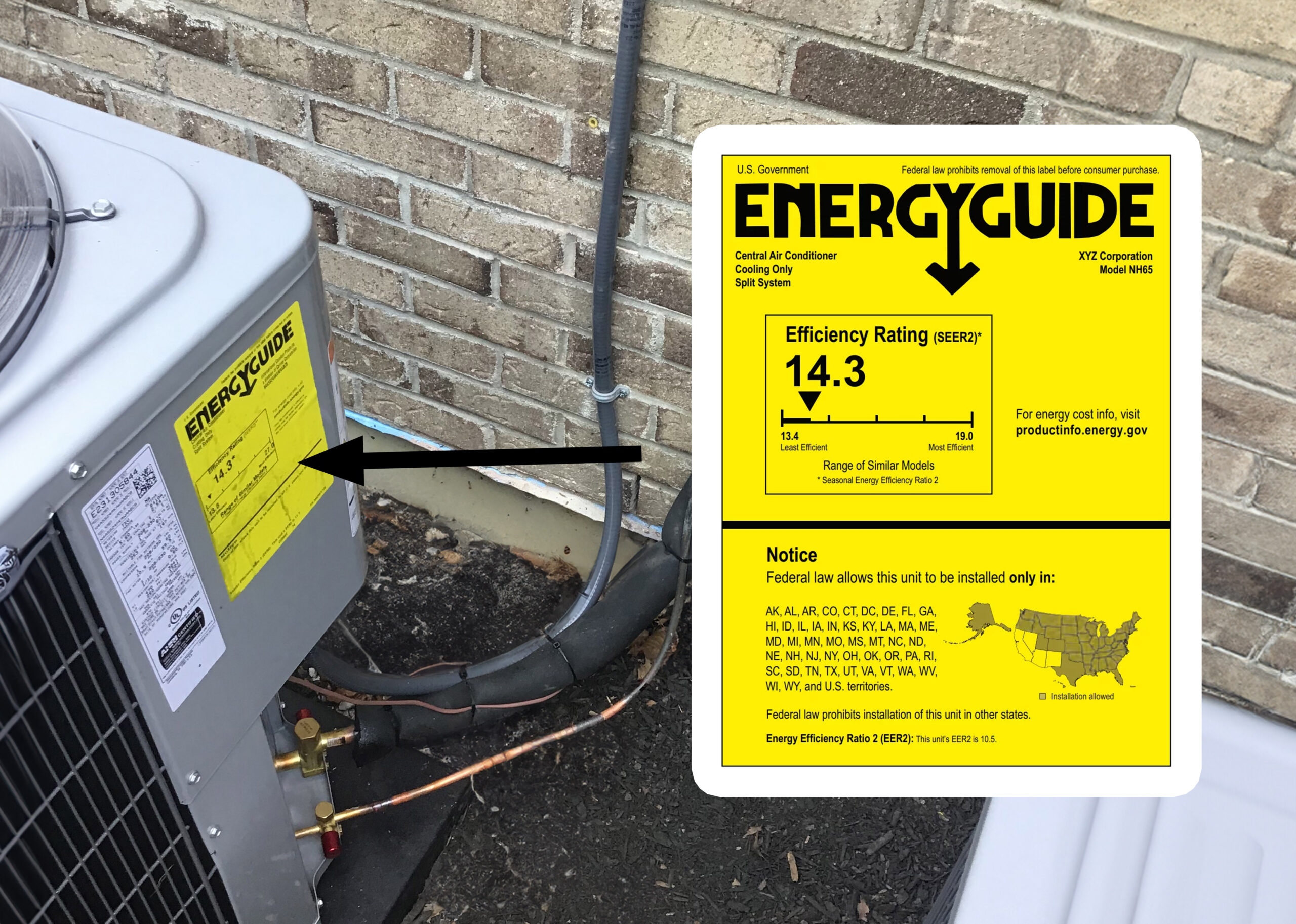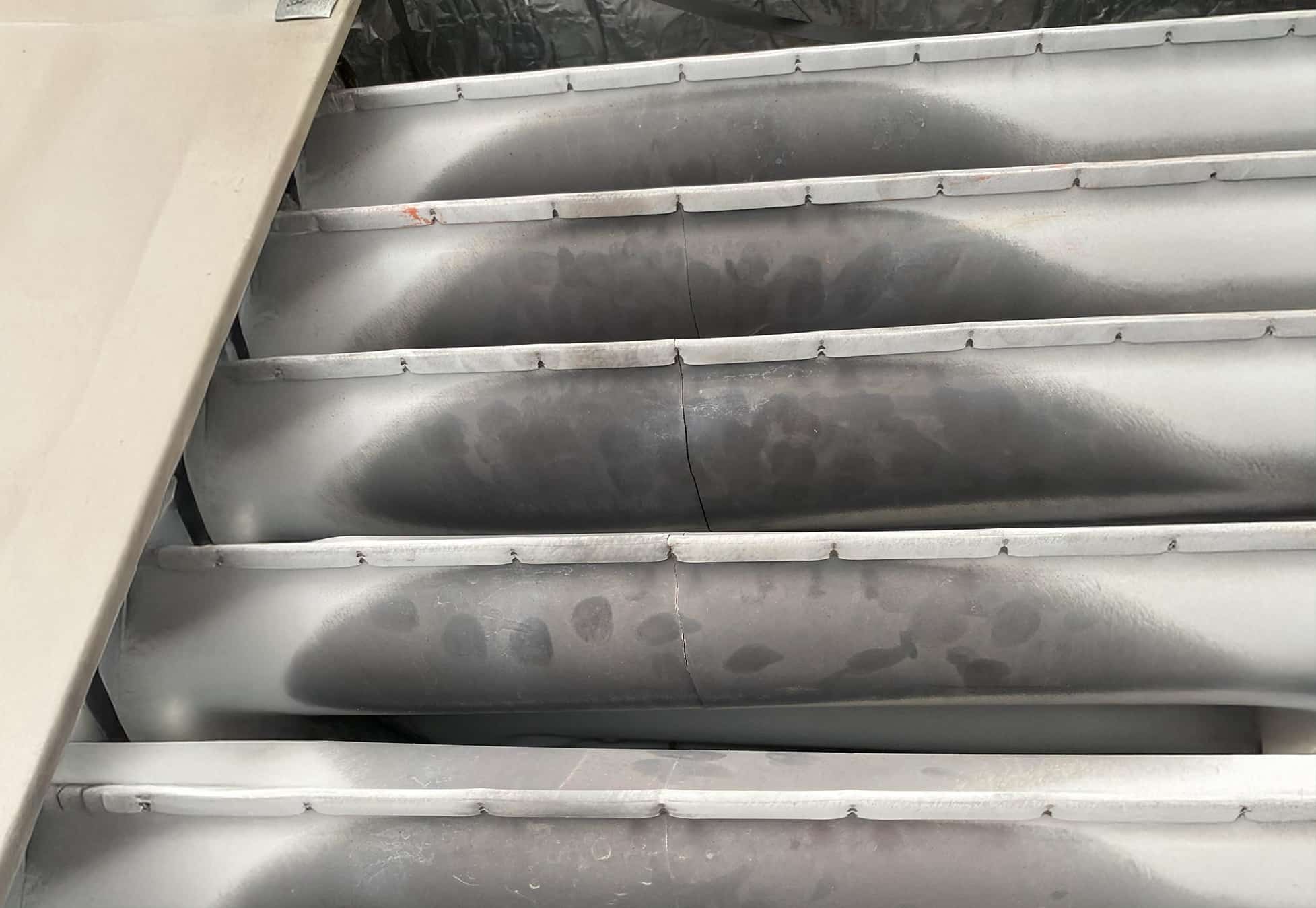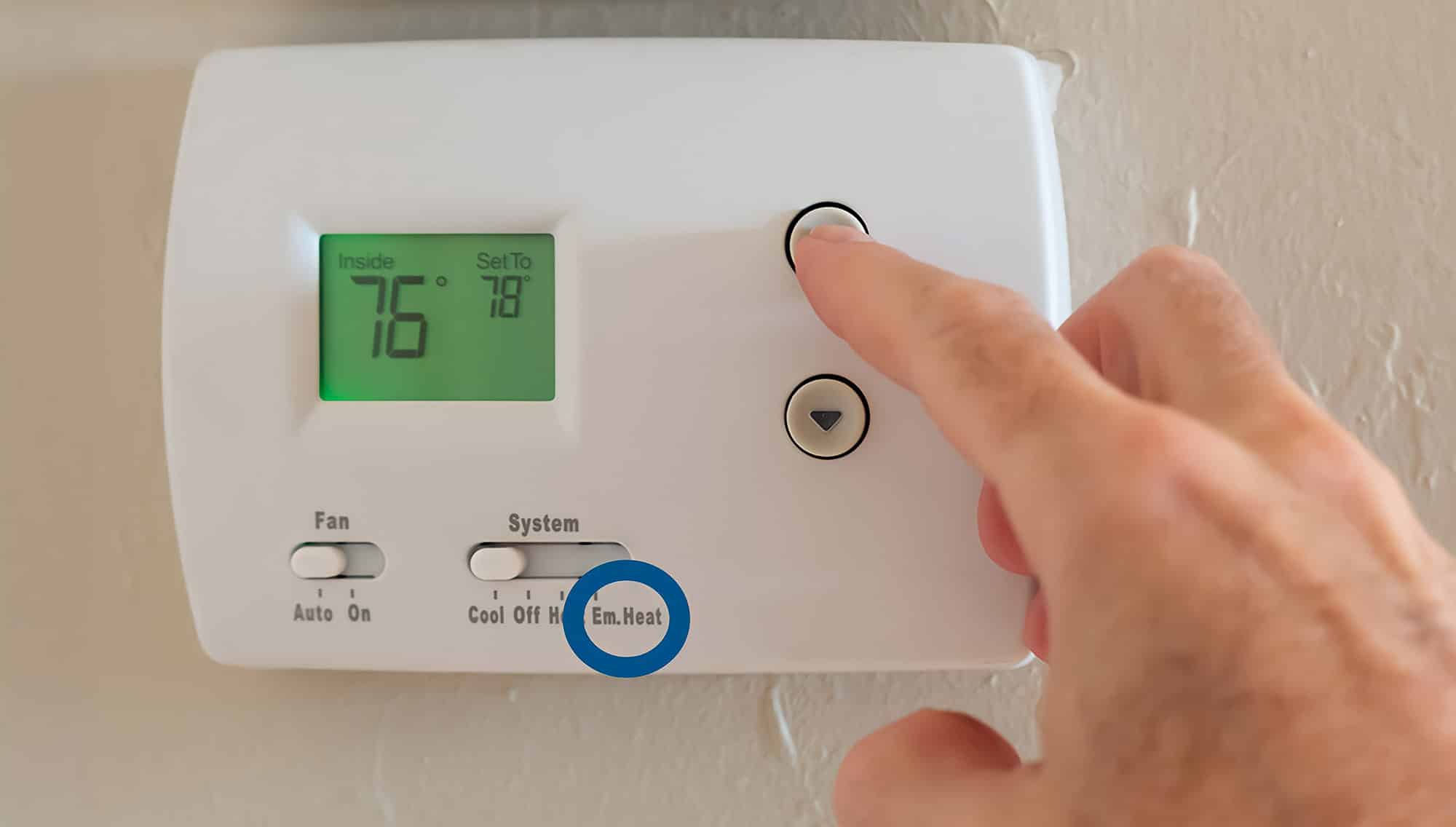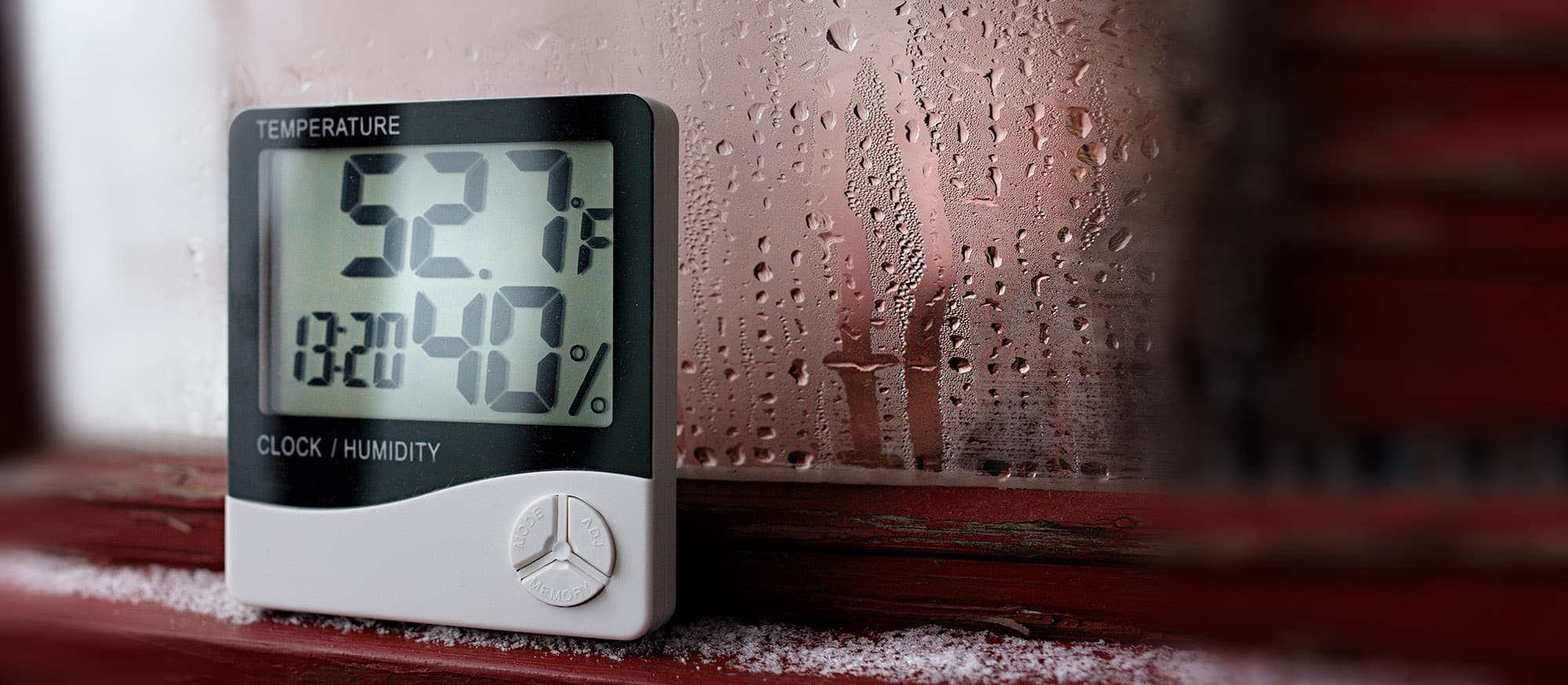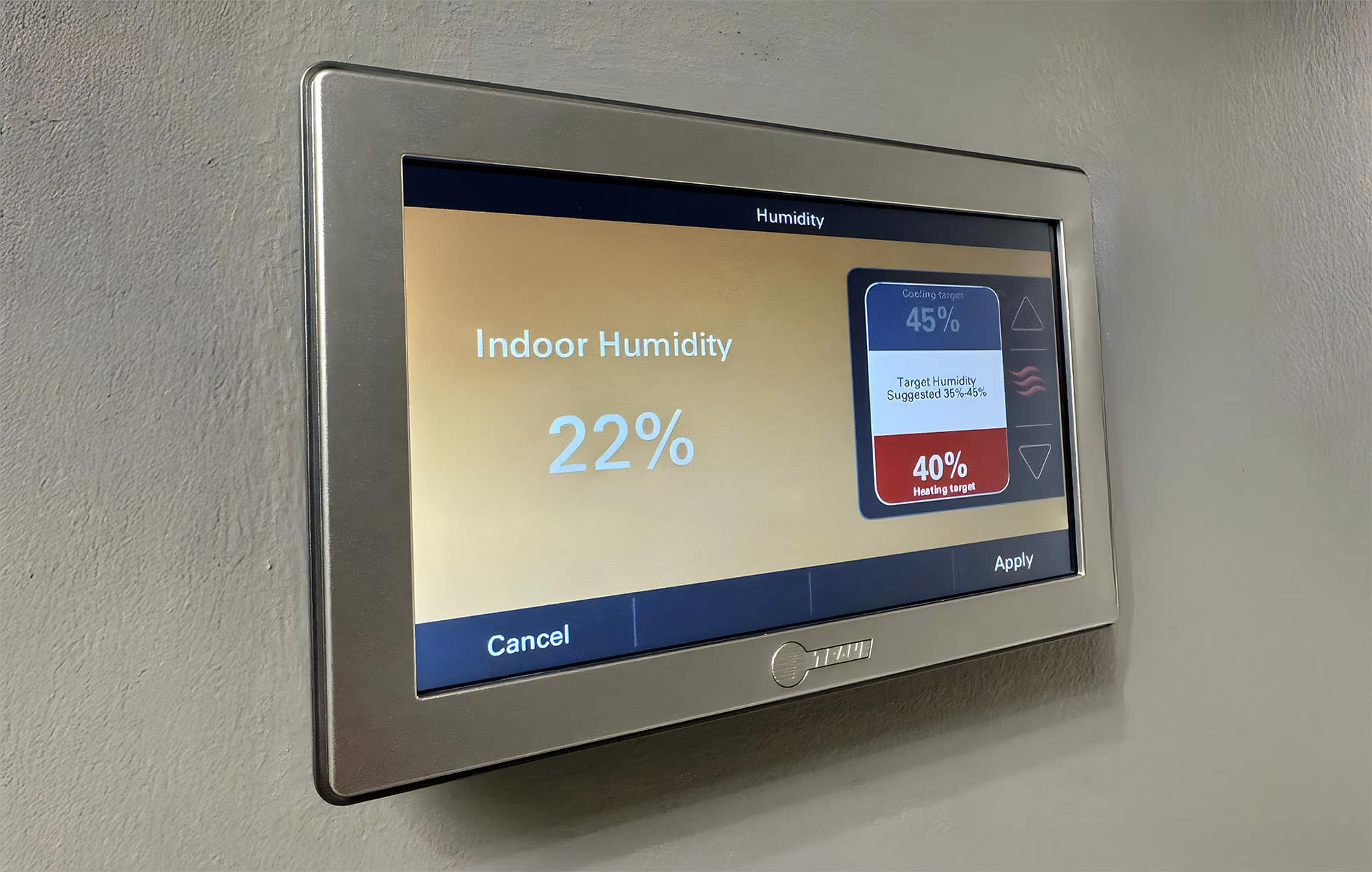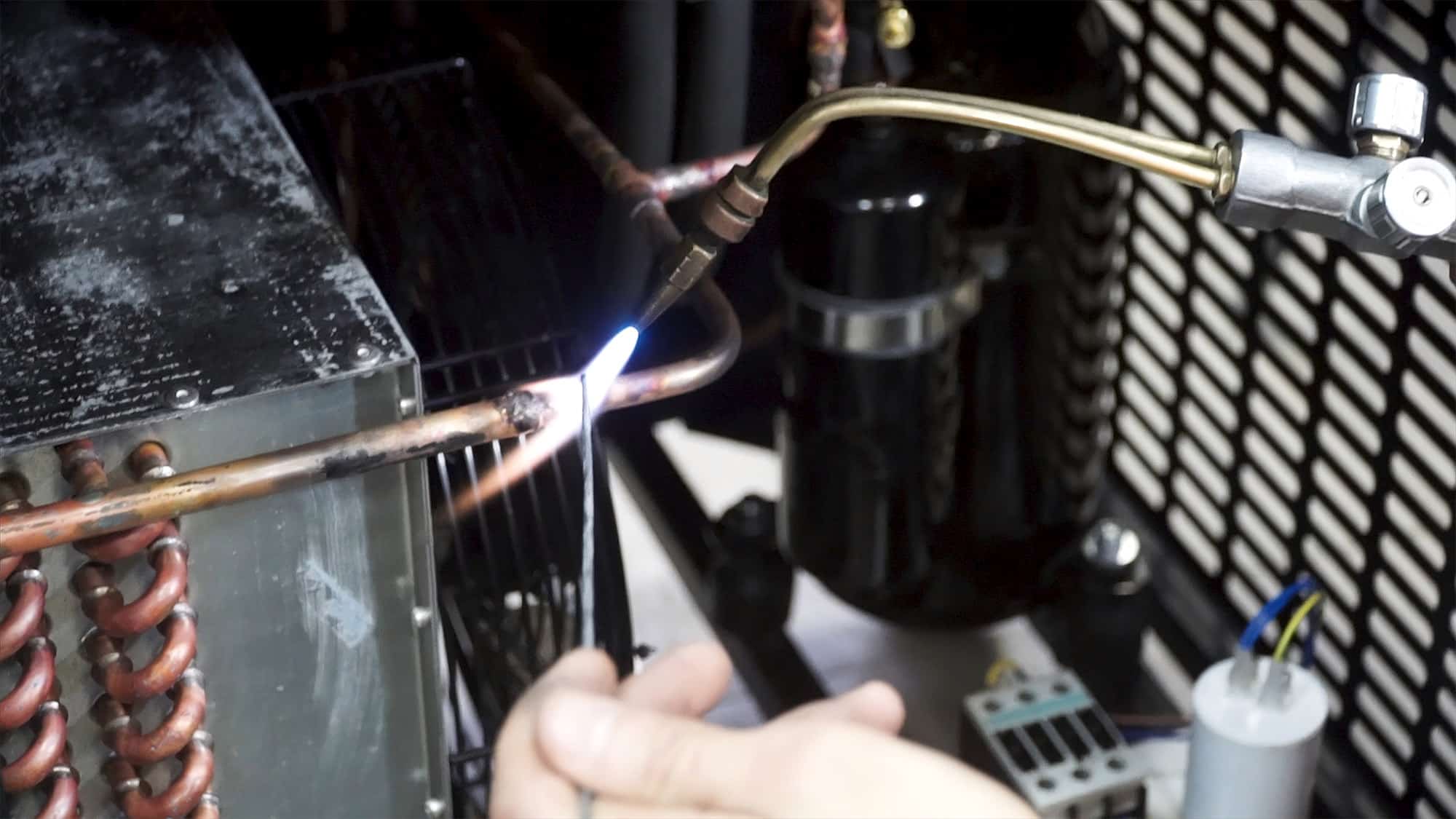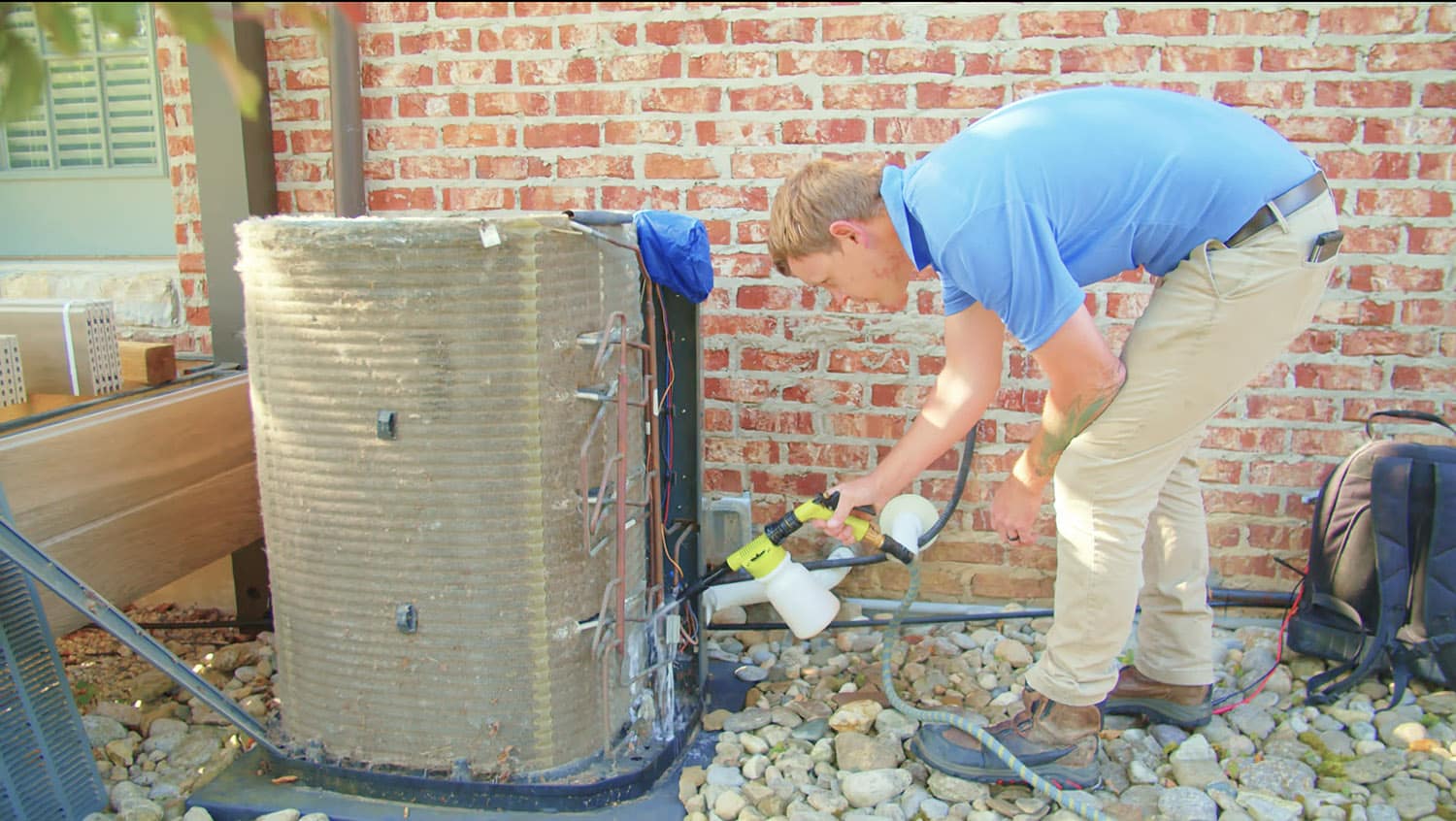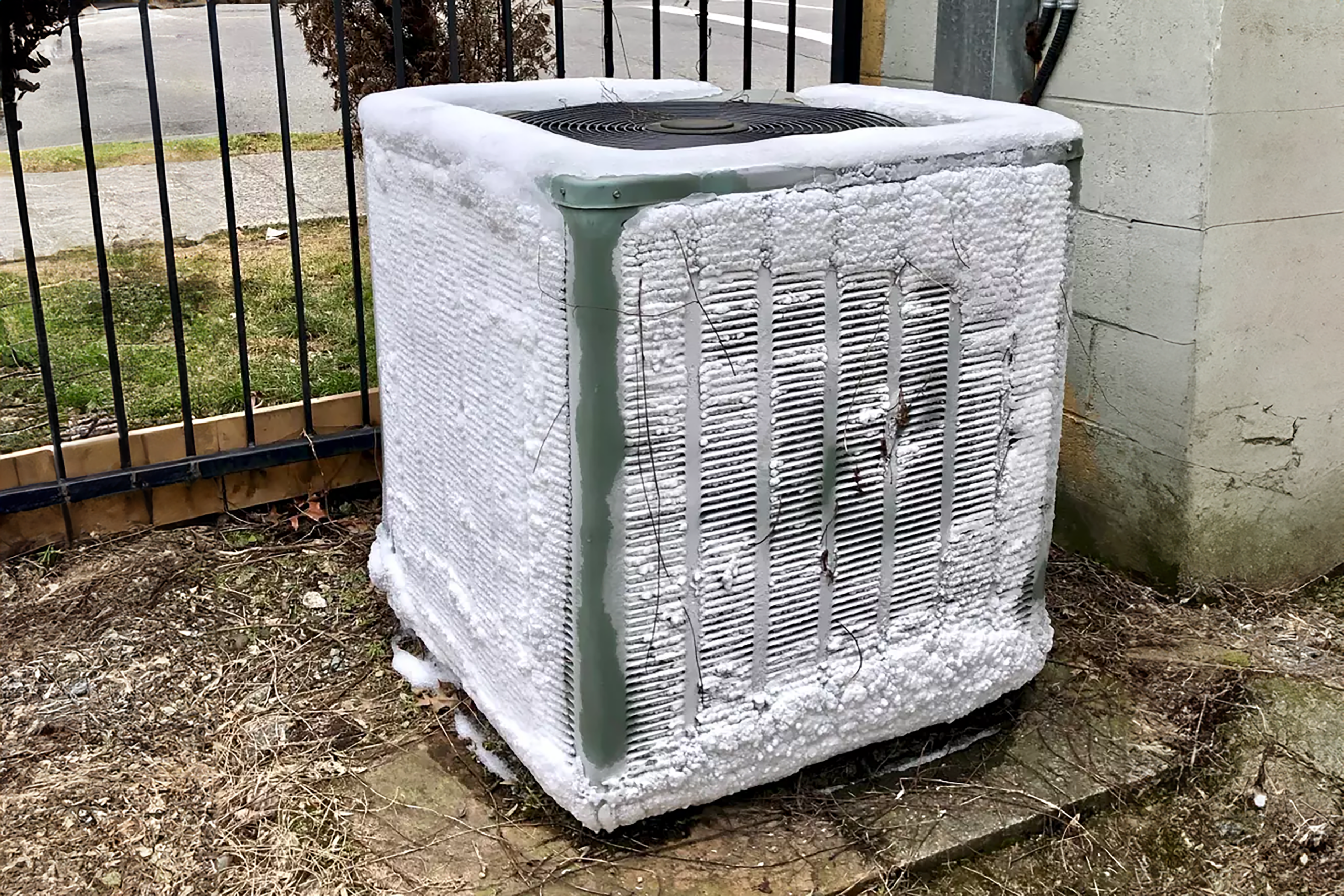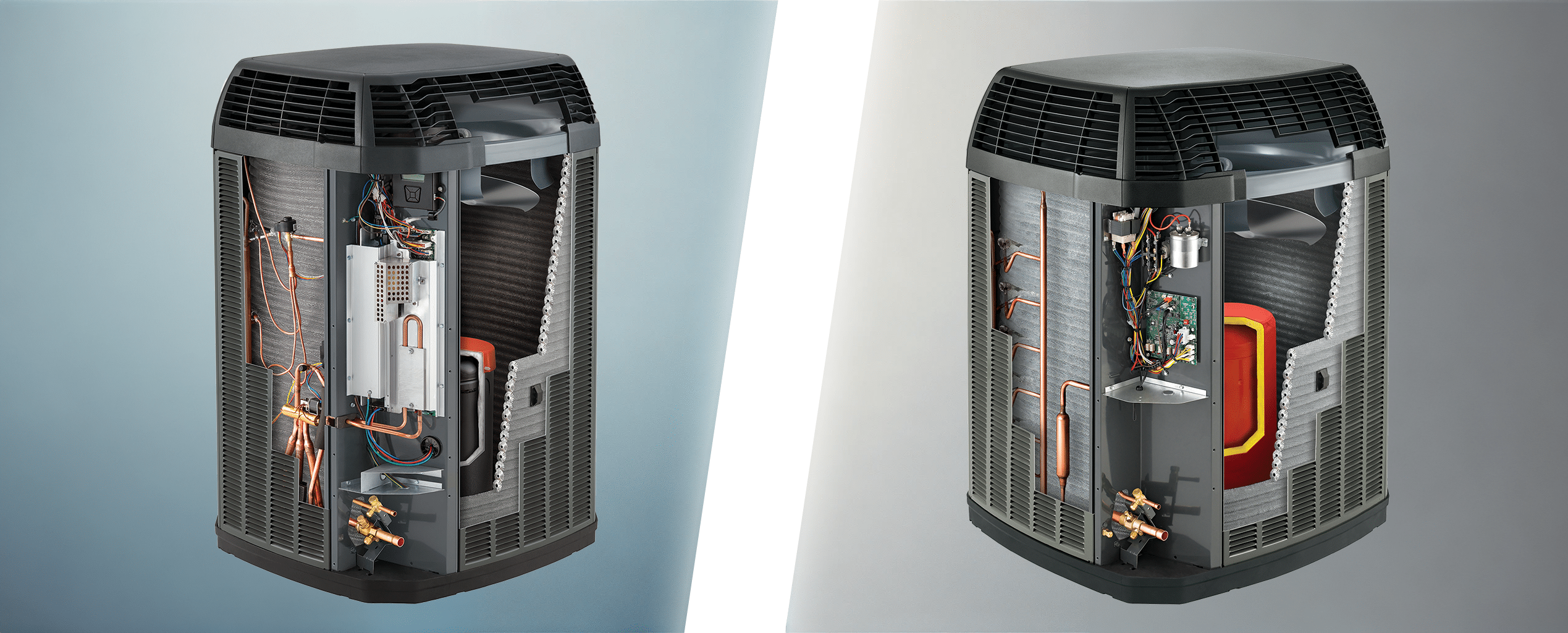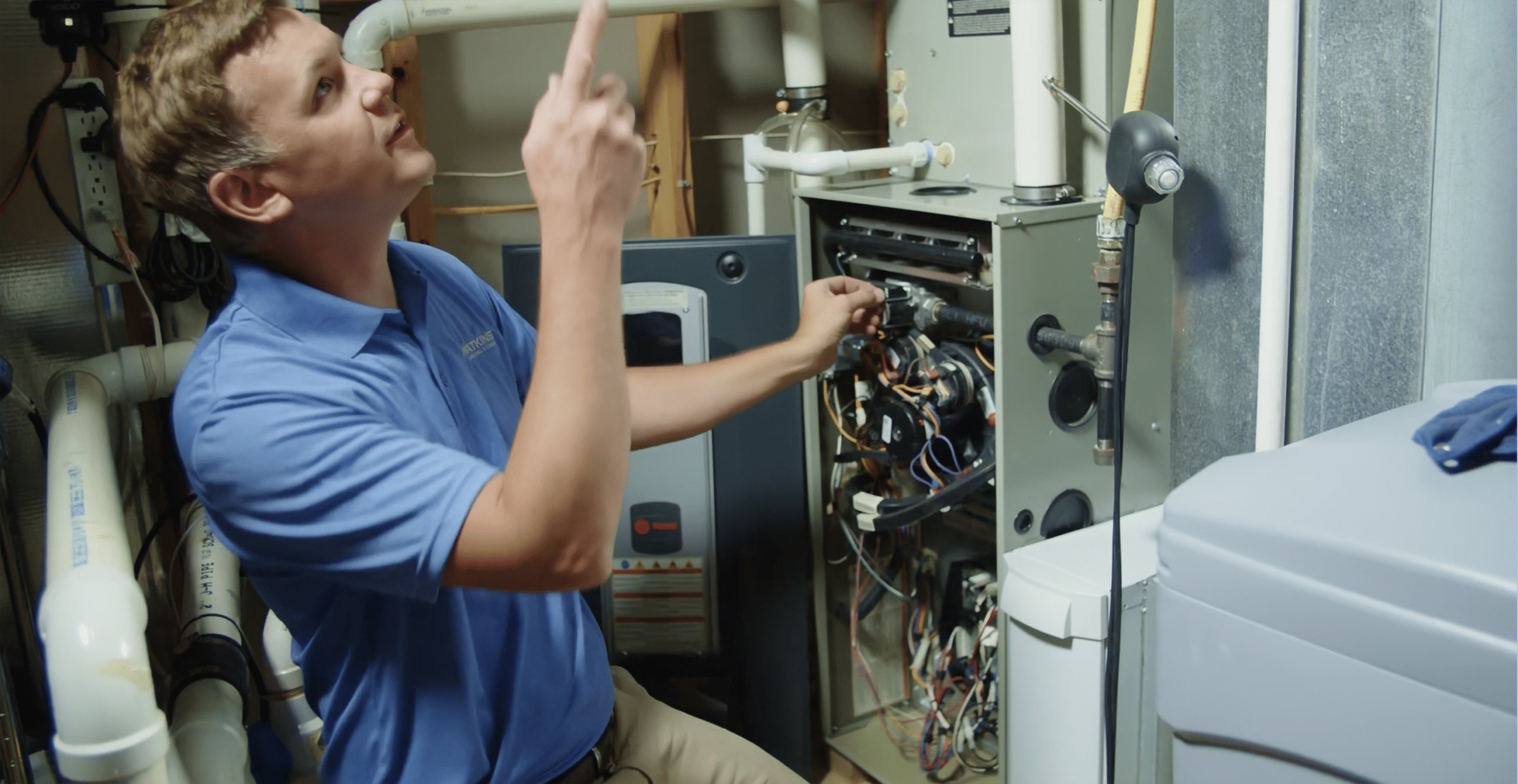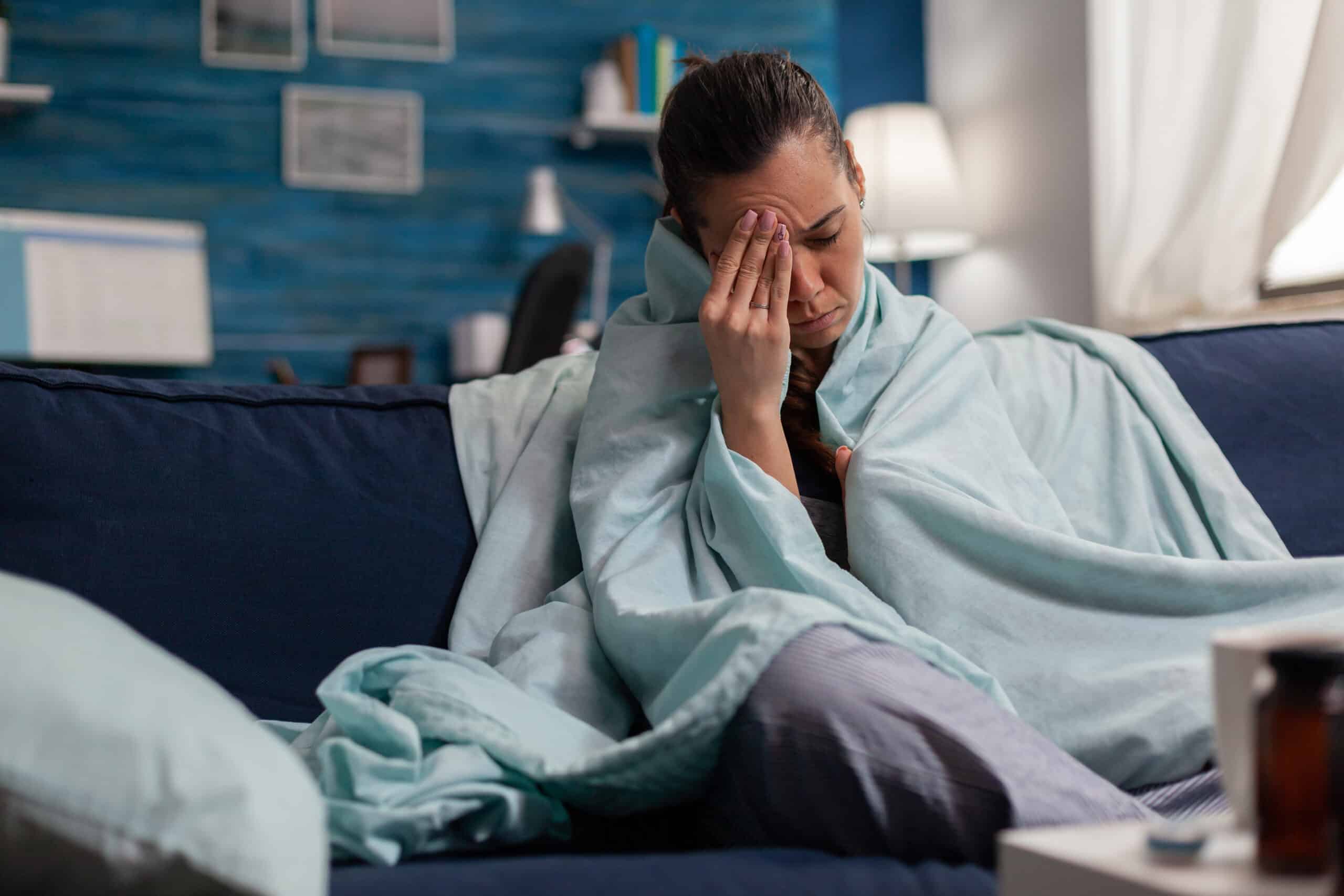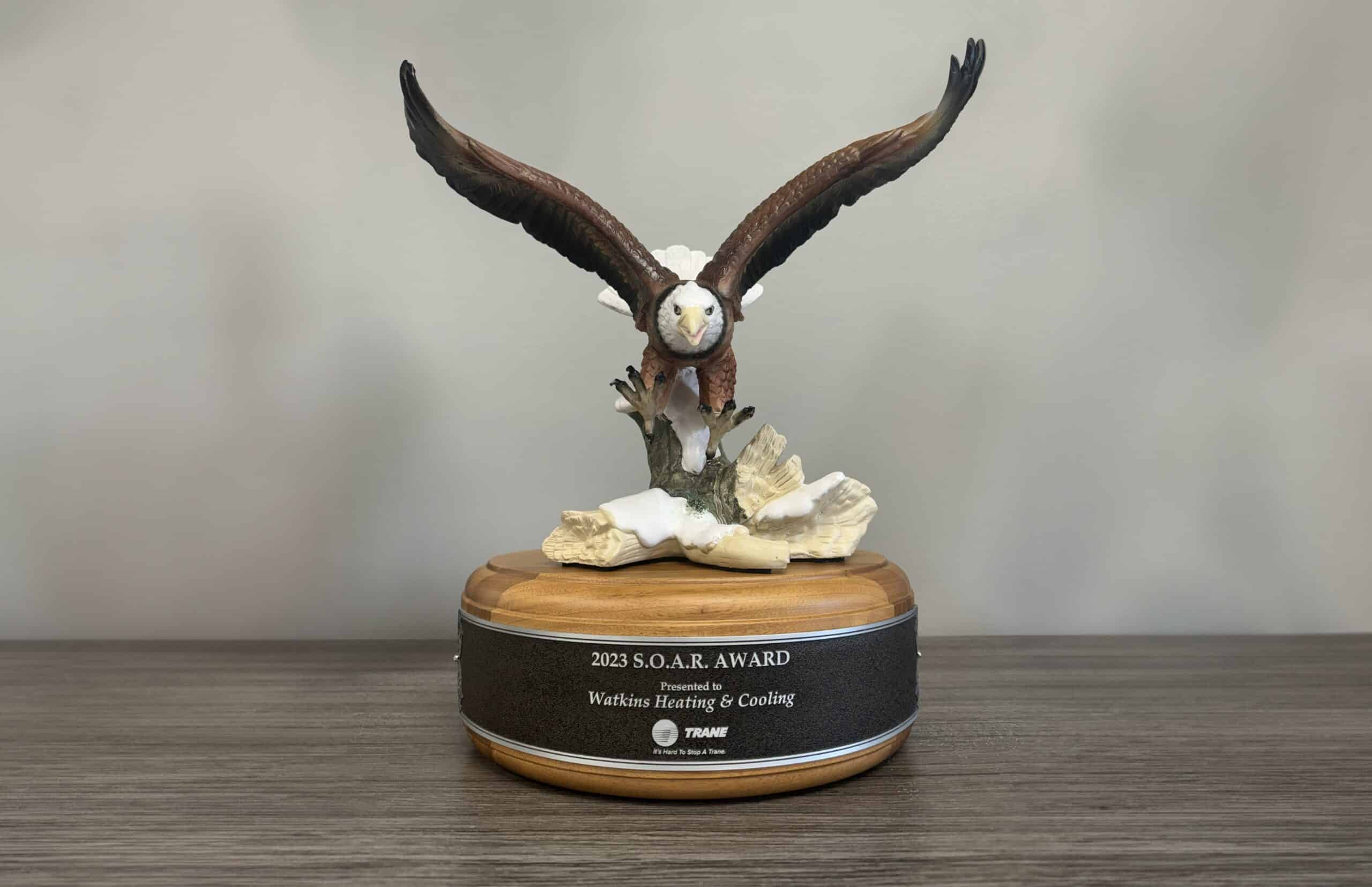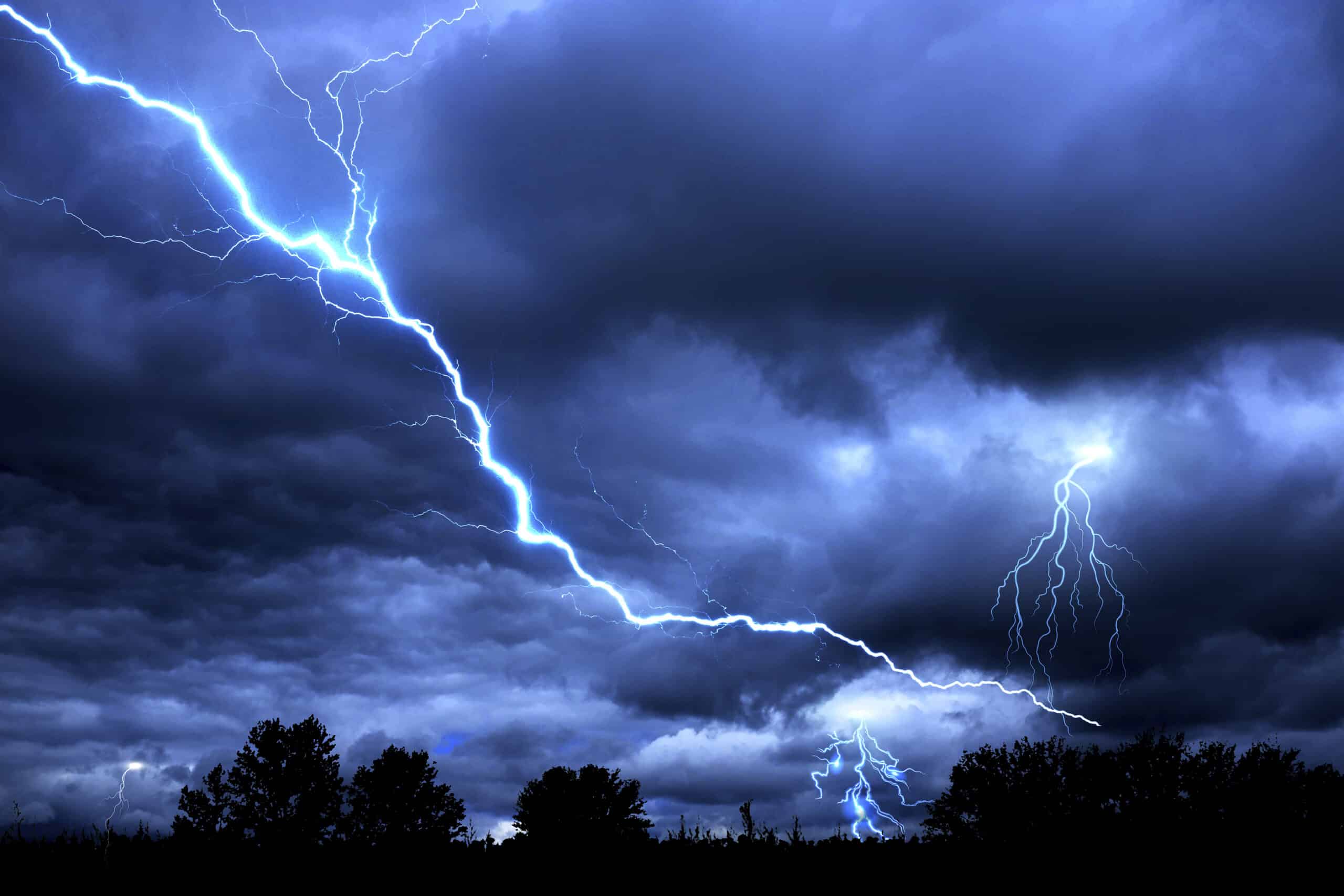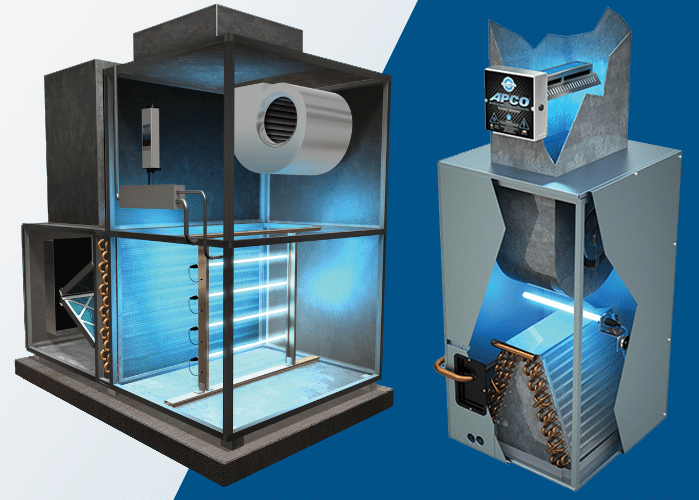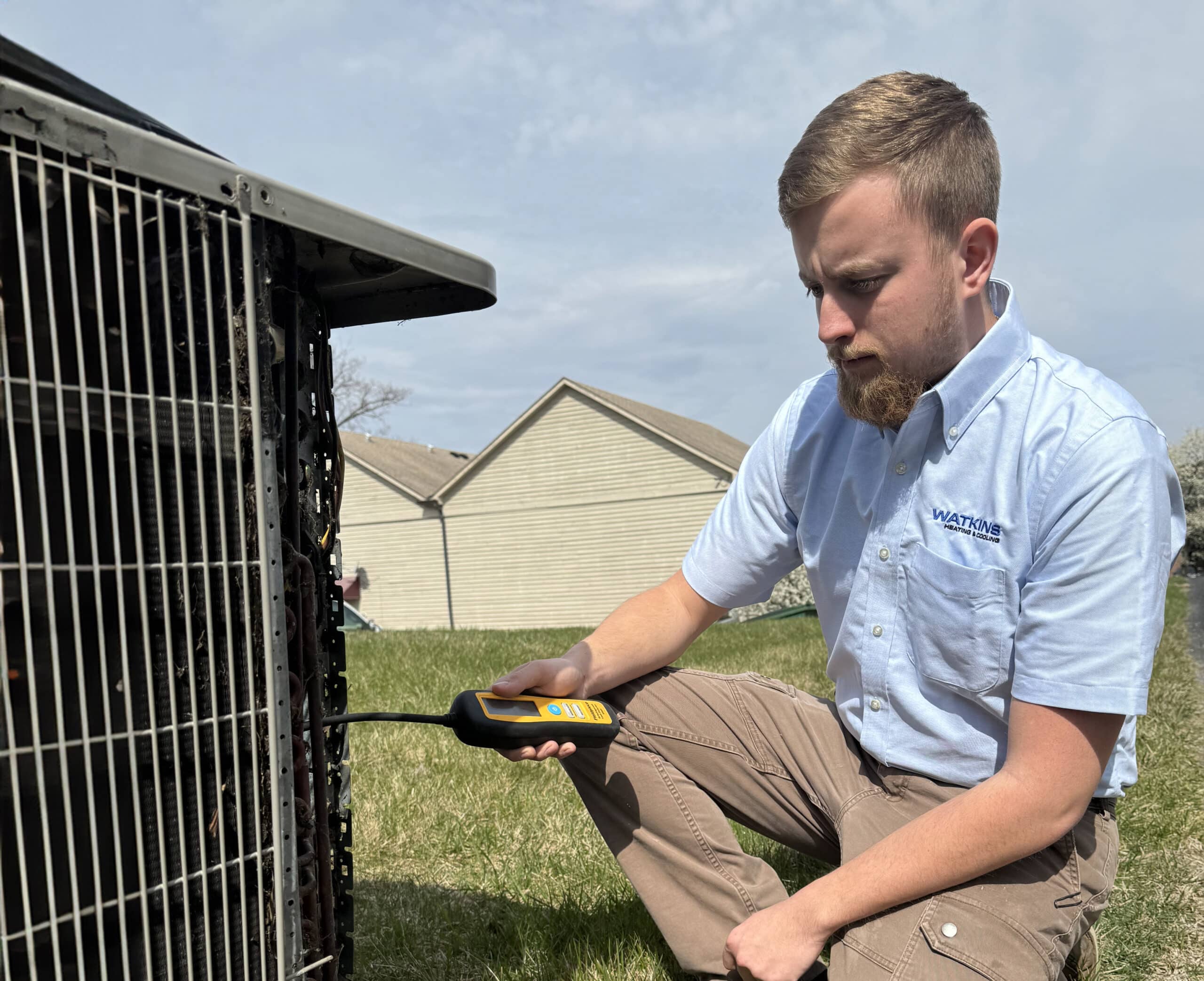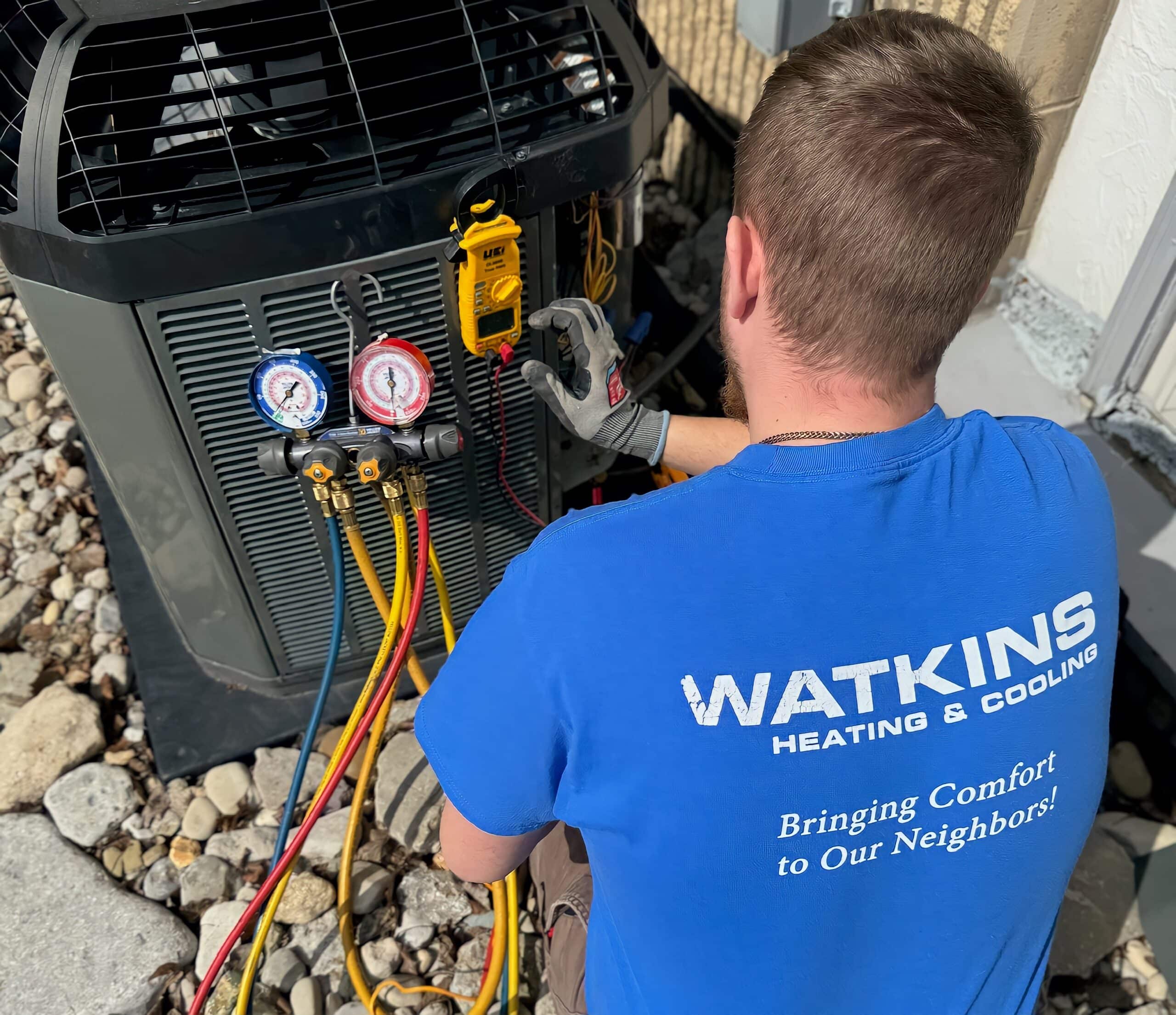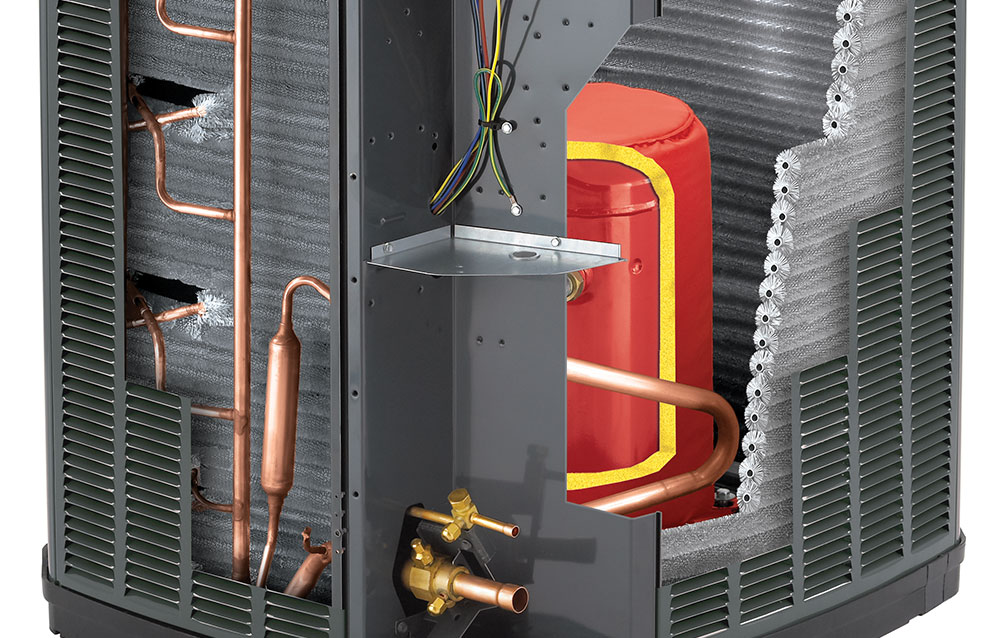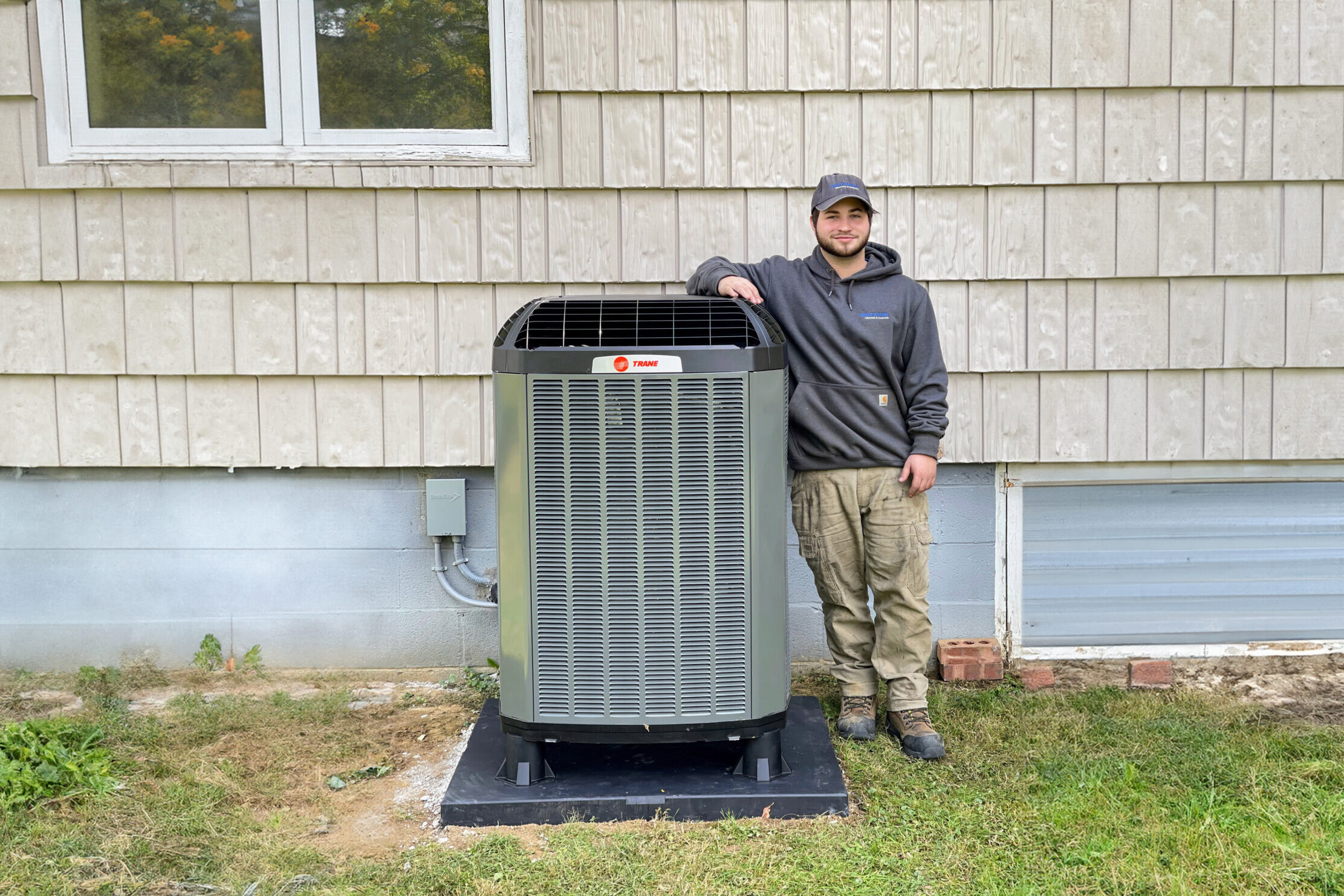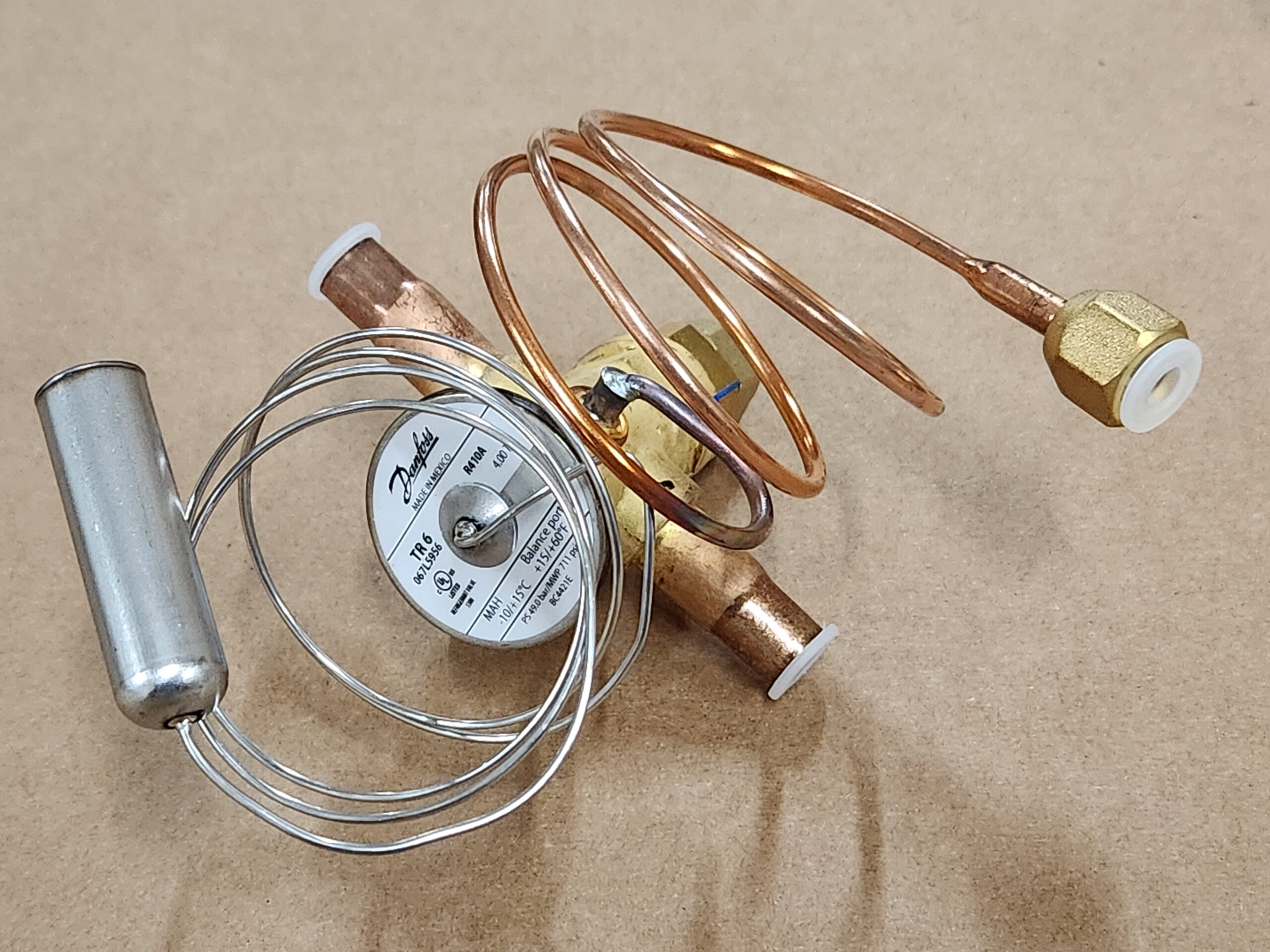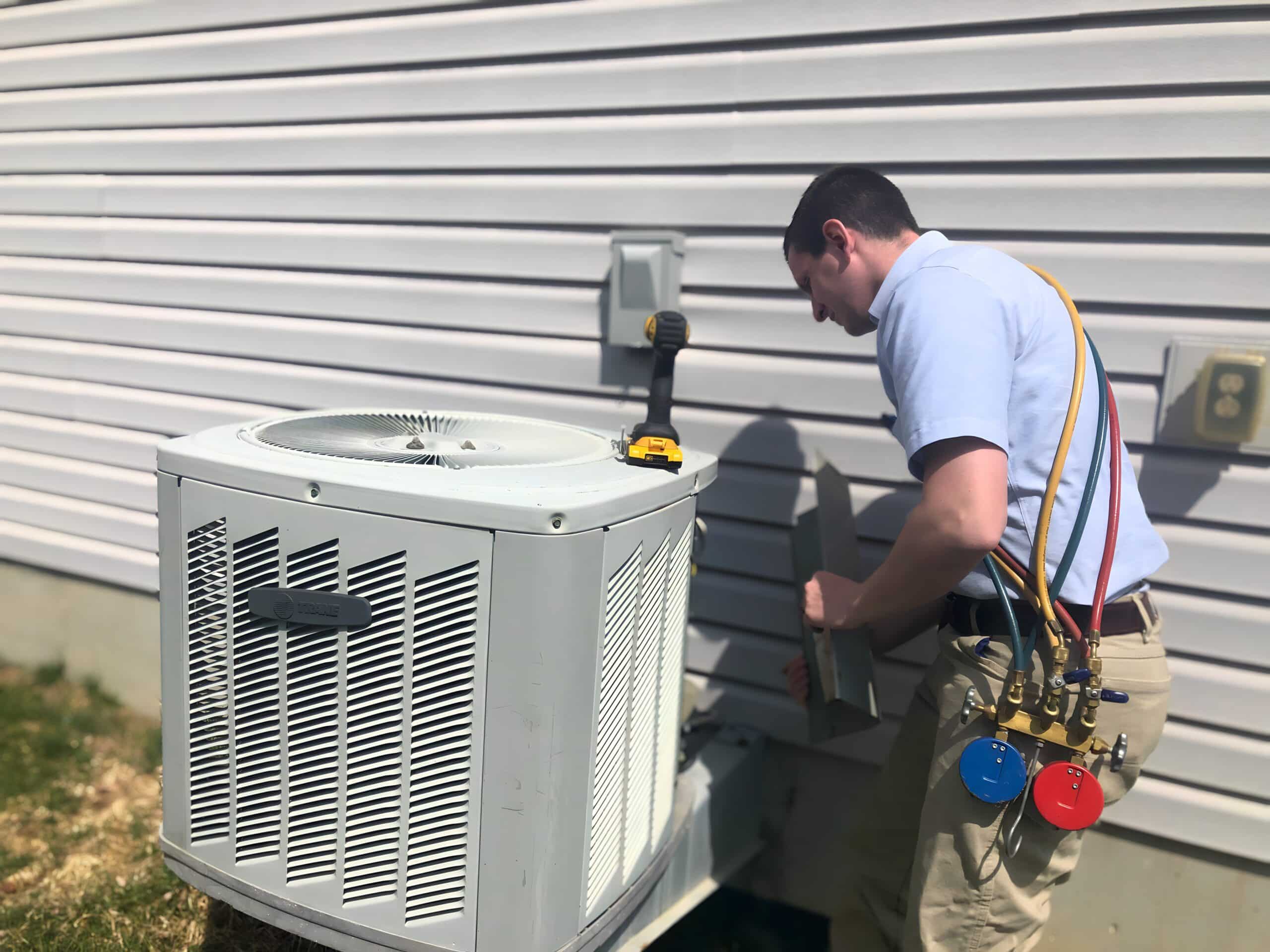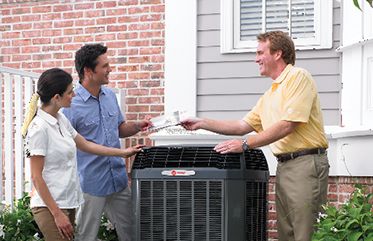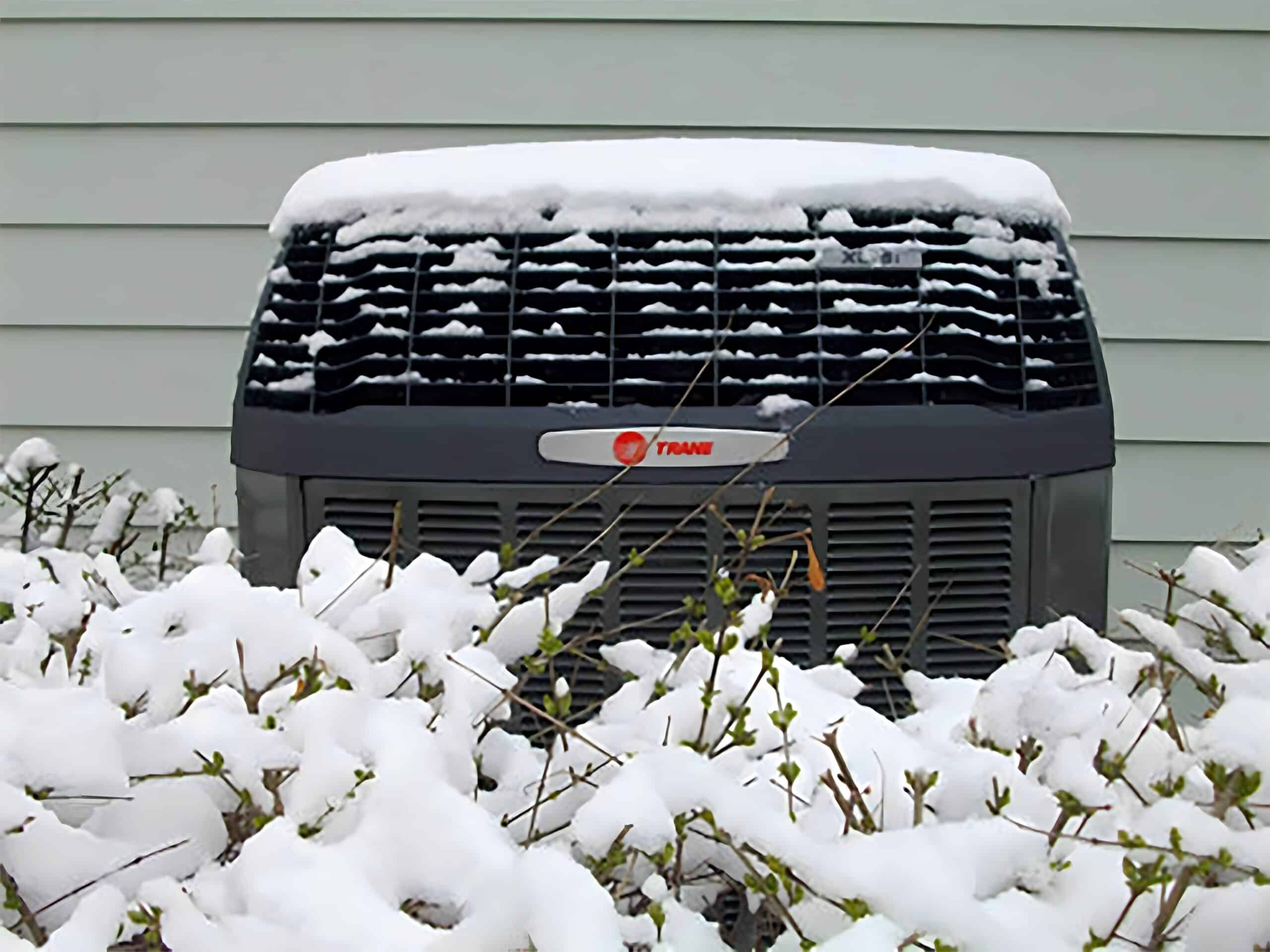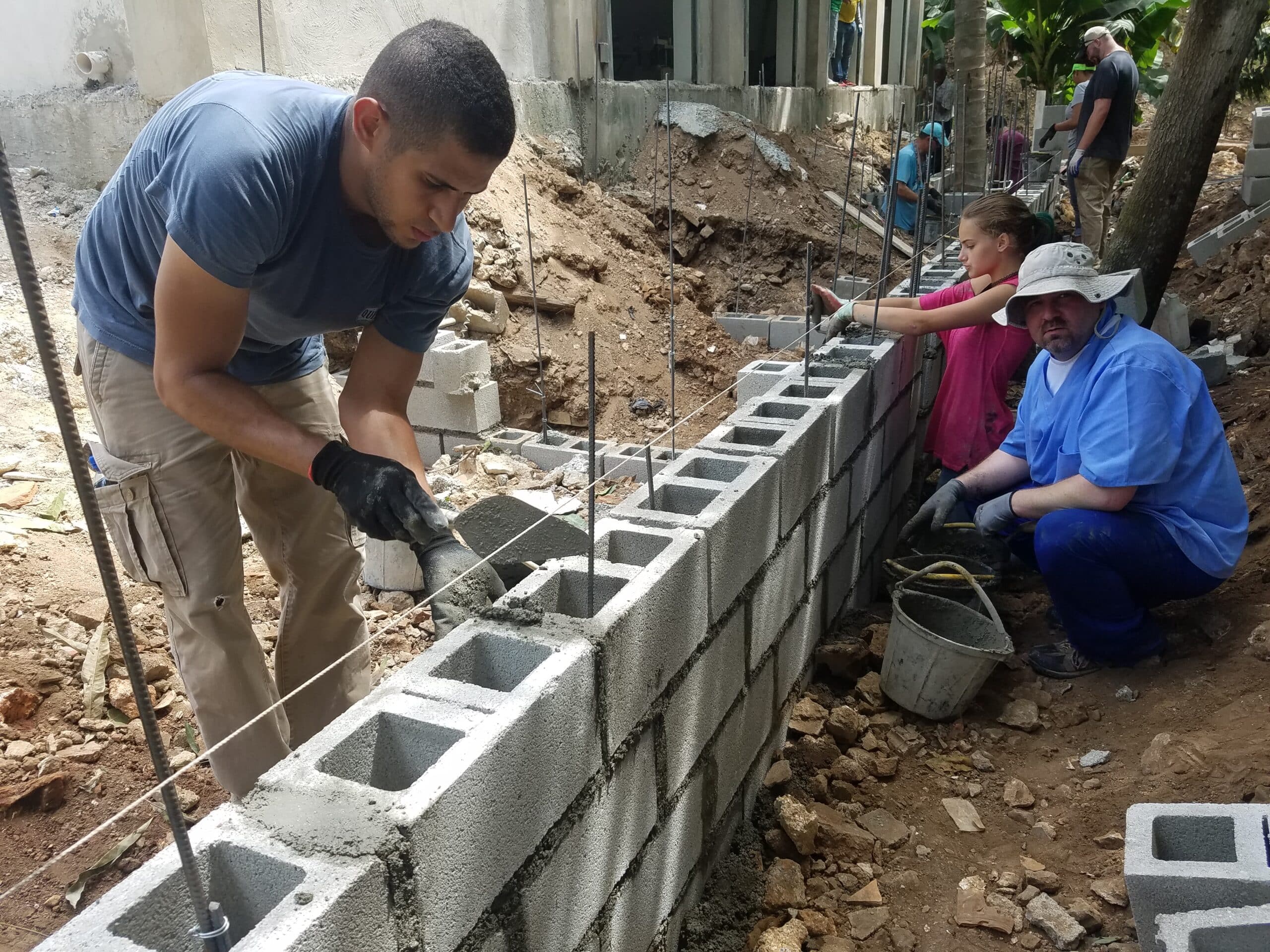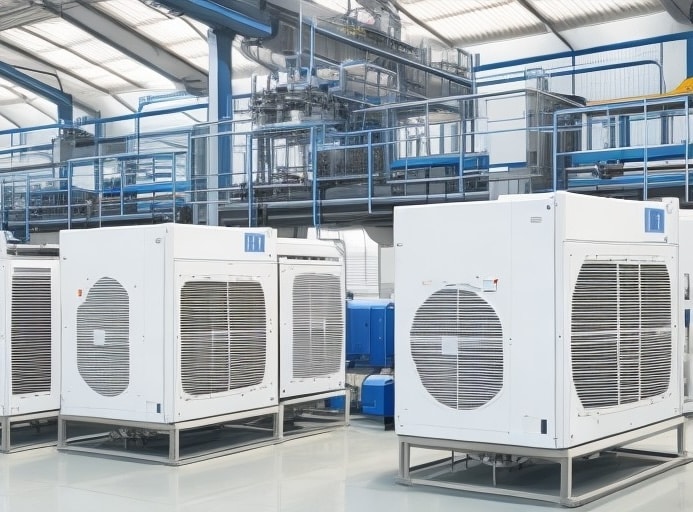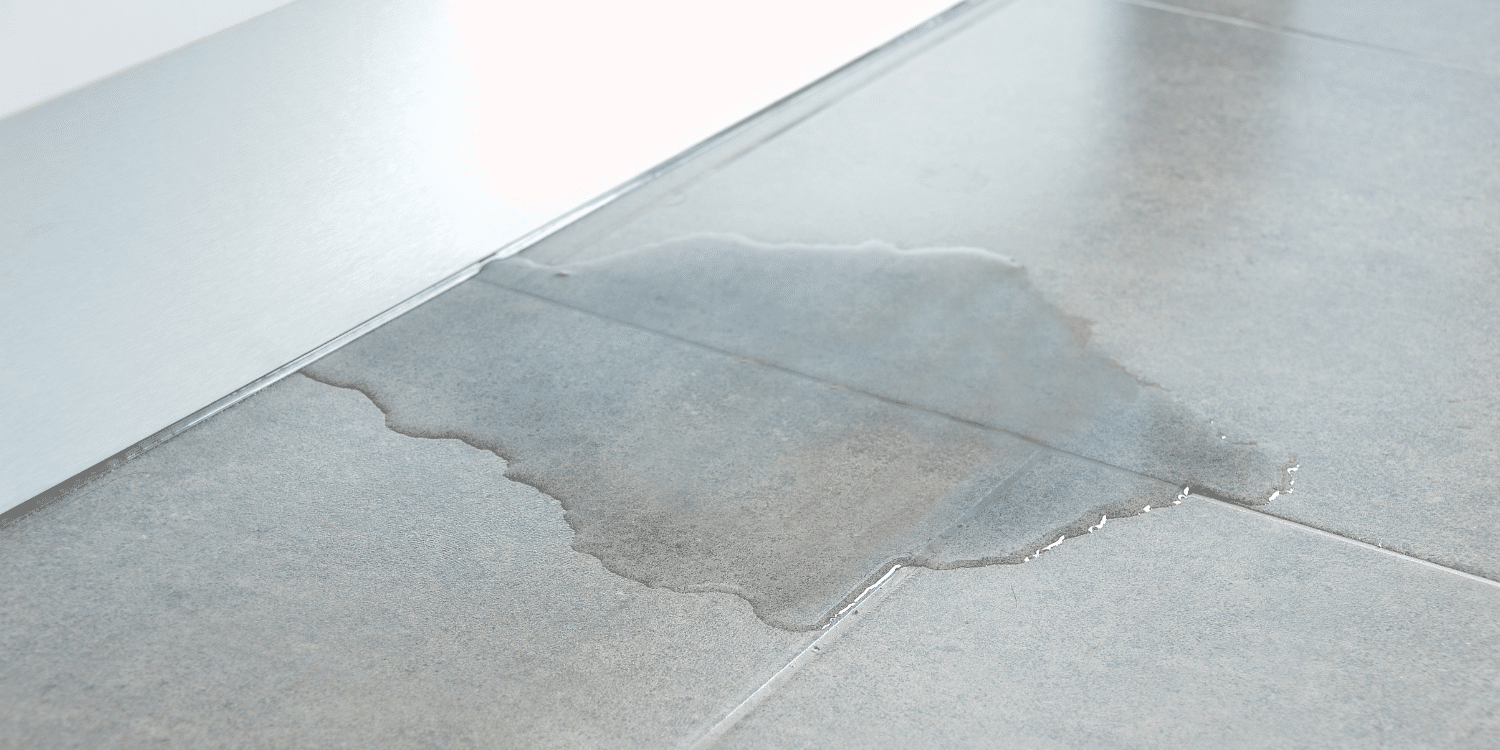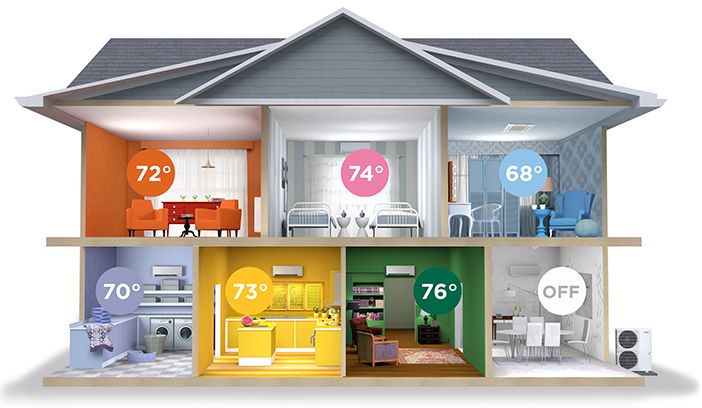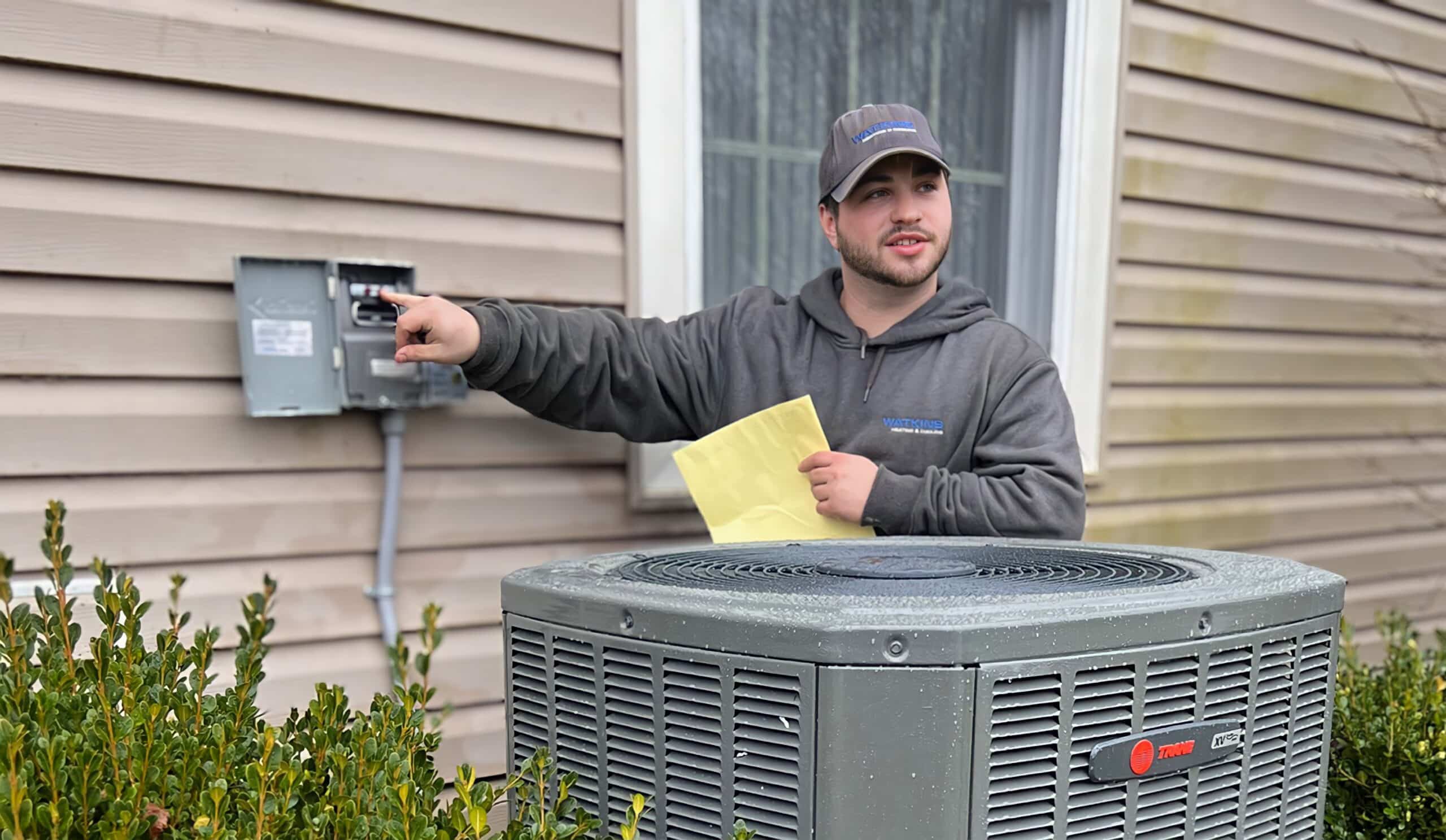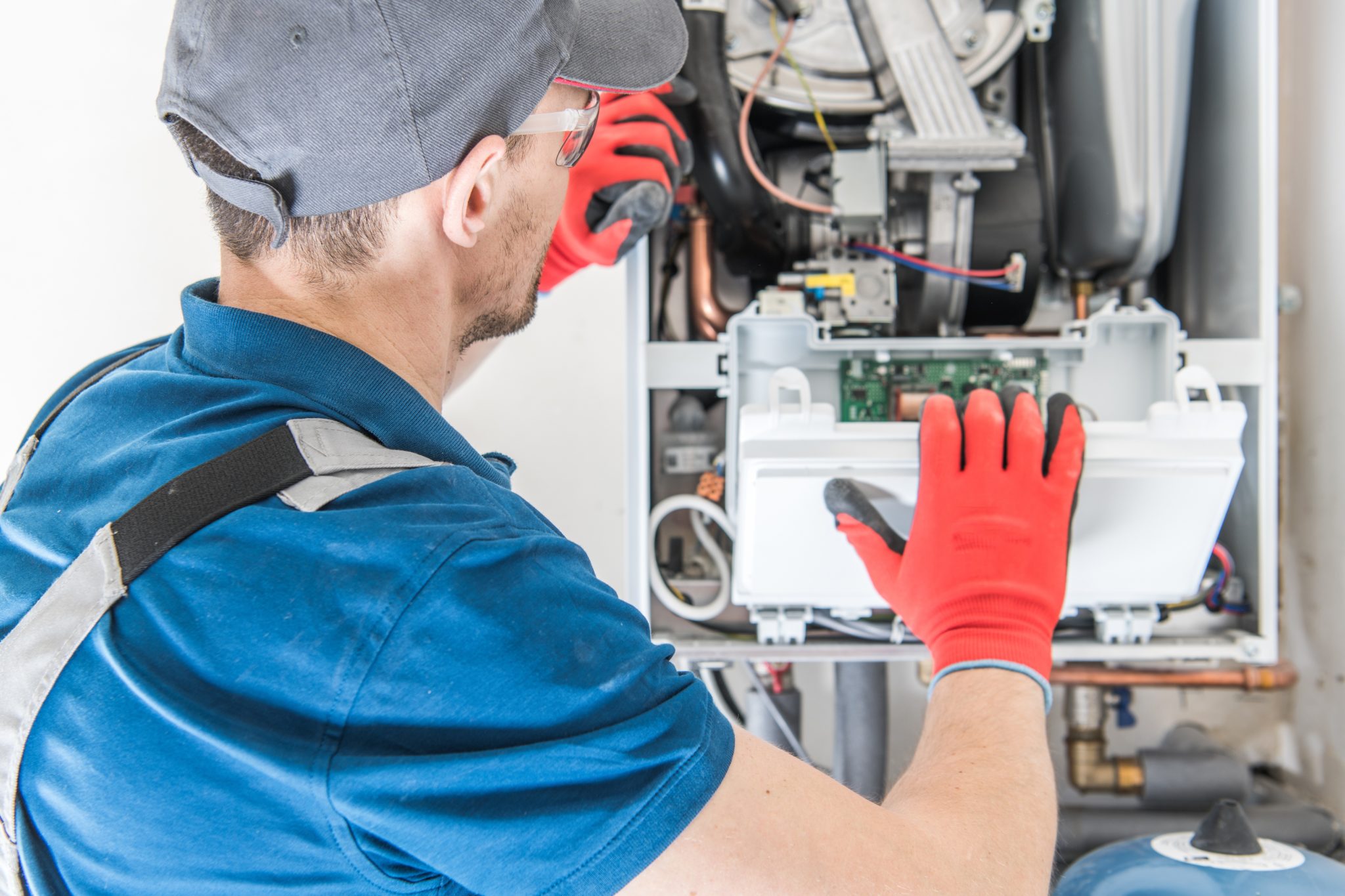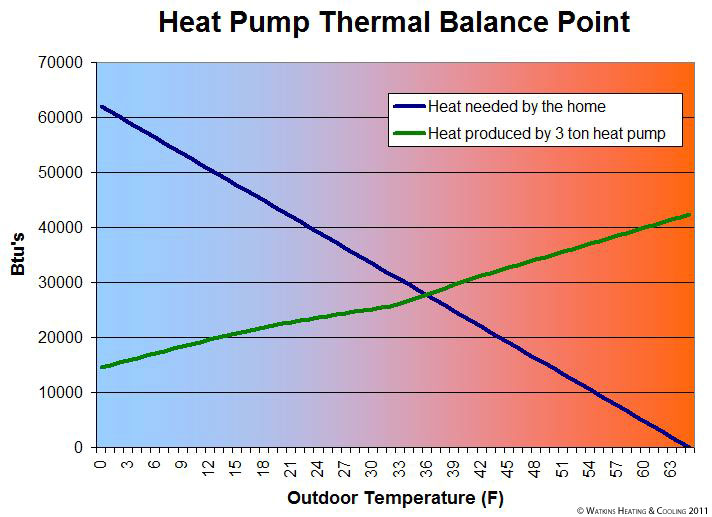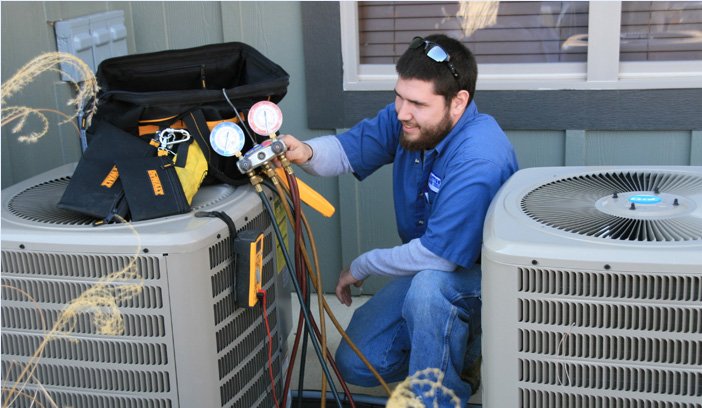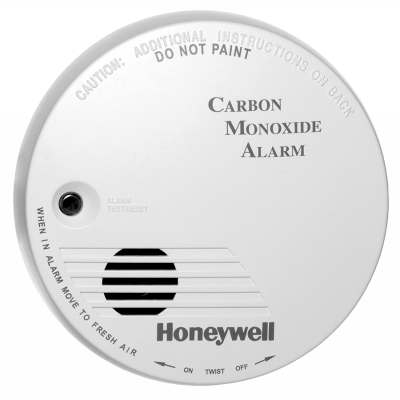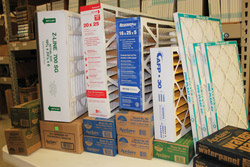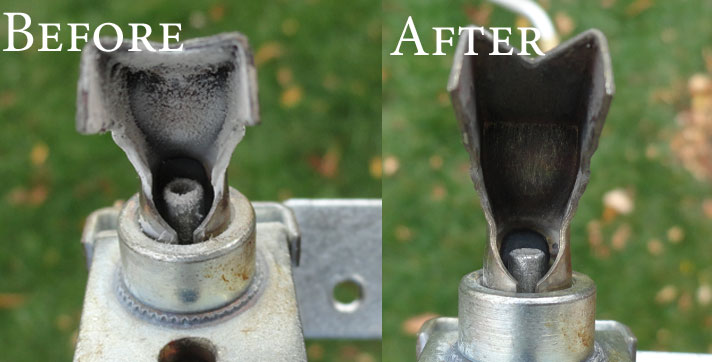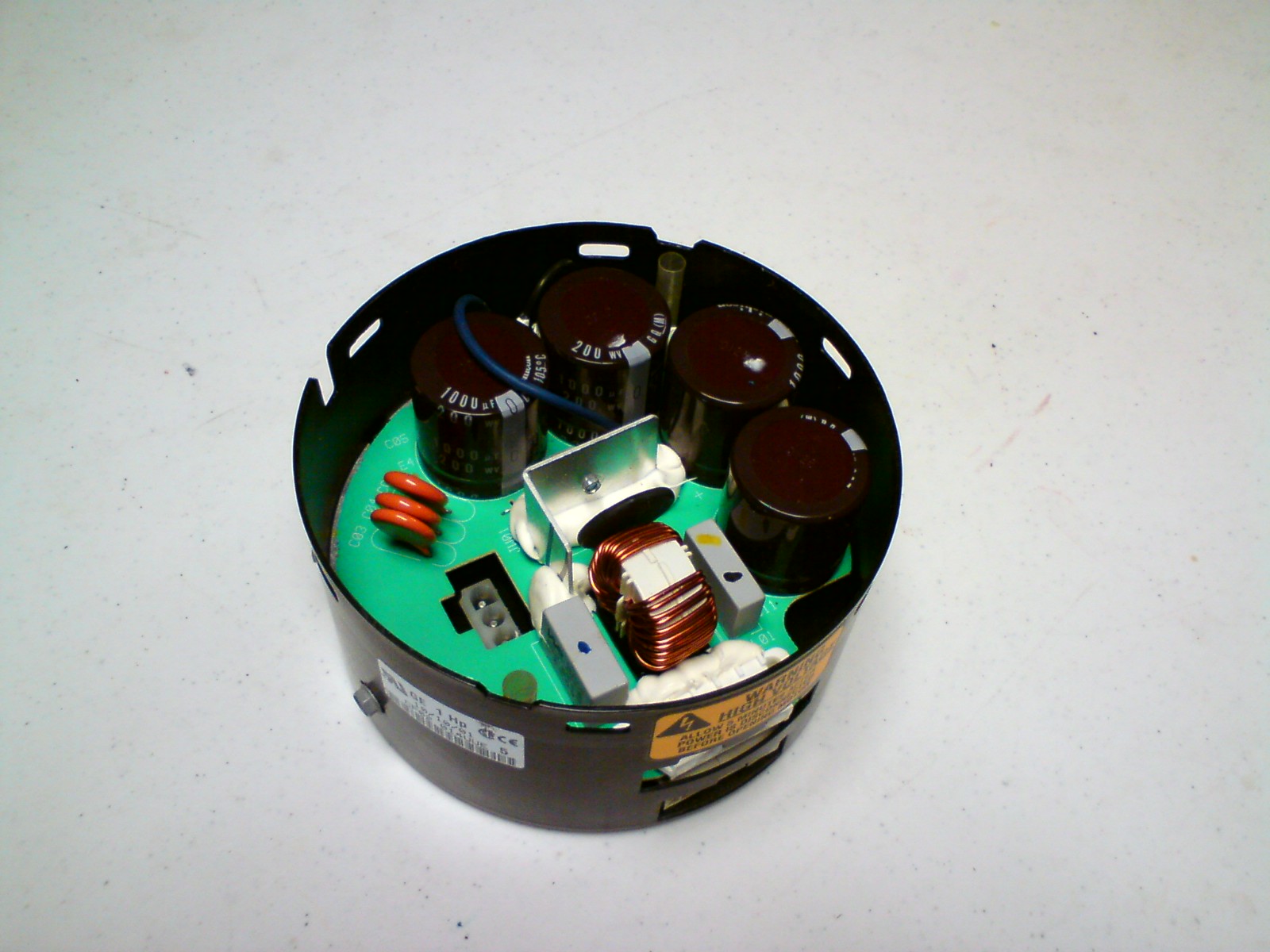Home Humidity 101
We are only halfway through December and we’ve already installed a full winter’s budget of Aprilaire humidifiers. It looks like static and dryness have settled in for the winter. Perfect timing for a quick refresher course on home humidification.
The true source of dryness –
It’s a common myth that a forced-air furnace scorches or dries out your air, but that’s not exactly accurate. Your home dries out because of cold air leaks (we call it infiltration). Gaps around windows and doors let in cold, dry air from outside. Exhaust fans in your bathroom and kitchen remove warm moist air and replace it with cold and dry air. Your furnace only warms the air, it doesn’t remove humidity. The warmer air is capable of holding more moisture, so the relative humidity reading is lower even though the actual moisture content has not changed. In our Miami Valley climate, summer air contains much more humidity than cold winter air. So air leaks in our homes lower the humidity in the winter and raise it in the summer.
Your body needs humidity –
Proper humidity levels (between 35% and 55%) are important for your health for several reasons. In addition to drying out your skin, low humidity also dries out your nasal passages making you and your family more susceptible to viruses and sinus infections. Low humidity can also lead to more dust mites and other allergens.
Your home needs humidity –
Dry air leads to cracking and splitting for wood furniture, floors, and trim. Proper humidity is especially important for musical instruments such as pianos, violins, or guitars. Low humidity can also cause increased house dust, requiring more cleaning and dusting. Protect your valuable antiques, woodwork, and instruments with a humidifier! The Piano Technicians Guild
The cure for dryness –
To achieve optimum humidity levels, we must add moisture with an evaporative humidifier in the winter, and remove excess summer humidity with an air conditioner. A humidifier simply trickles water over a wicking pad while warm air from the furnace passes over the pad. A good automatic control brings it all together by maximizing home humidity without building excess moisture on the windows. Whole-house humidifiers mounted on your central heating system can add about 12 gallons of water to your air per day! This would be impractical and expensive to do with stand-alone vaporizers. Our technicians can add a humidifier to your existing system for about $600 depending on the application and model. The job takes only two hours, and your new humidifier should only need simple maintenance once per year. Feel free to give us a call if you have further questions.

